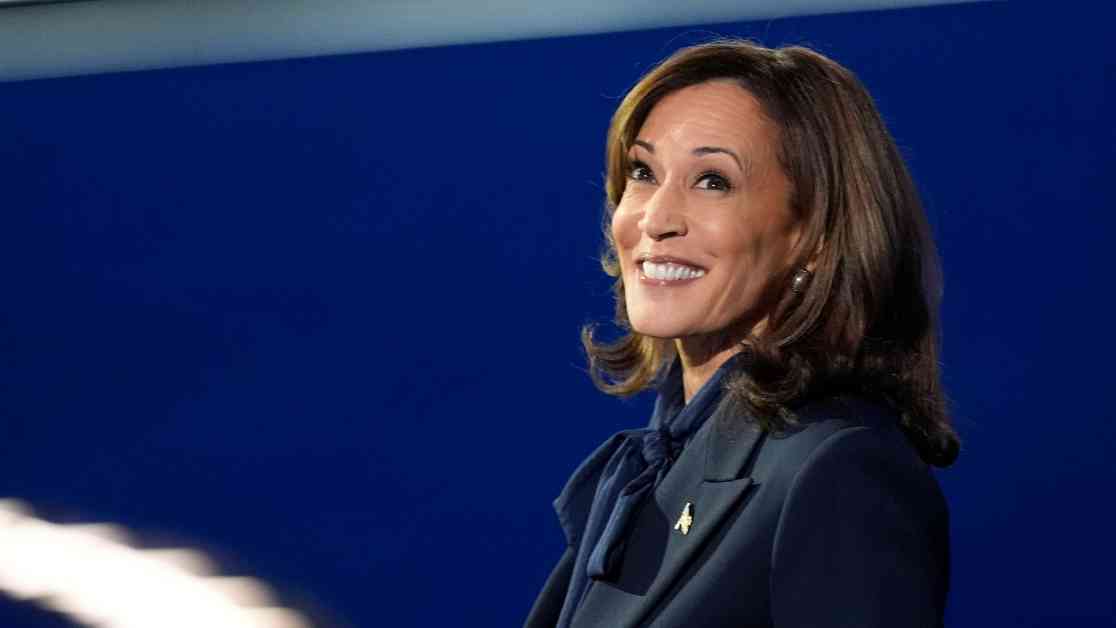Kamala Harris made history at the Democratic National Convention in Chicago by accepting her party’s presidential nomination, becoming the first woman of color from either party to achieve this milestone. As delegates celebrated this momentous occasion, Harris stood out by not wearing white, a symbolic gesture honoring the suffragette movement. Despite not emphasizing the historic nature of her candidacy, it is essential to recognize the significance of her achievement alongside other prominent black women like Oprah Winfrey and Michelle Obama who also delivered powerful speeches at the convention.
Unity and a focus on the ordinary person have been central themes in Harris’s campaign. Drawing on her working-class roots and experience working at McDonald’s, she positioned herself as the candidate of unity, contrasting her background with Donald Trump’s elite status and economic policies that favor the wealthy. Harris emphasized her commitment to fighting for everyday Americans, highlighting her personal connection to struggles for housing and justice.
In recounting her family’s journey from India to California and the challenges they faced in affording a home in the San Francisco Bay Area, Harris shared a personal narrative that resonated with many Americans. Her passion for justice and desire to become a prosecutor were fueled by witnessing injustice firsthand, shaping her commitment to fighting for equality and fairness. By sharing these experiences, Harris aimed to connect with voters on a deeper level and demonstrate the values that guide her leadership.
Critiquing Trump’s leadership style and policies, Harris characterized him as an “unserious” man with dangerous intentions if re-elected. She warned of his explicit desire to unleash violent extremists and target journalists and political opponents, painting a stark picture of the dangers posed by a second Trump presidency. While Harris’s campaign has faced criticism for lacking detailed policy proposals, her speech provided insights into her priorities on issues such as housing, reproductive rights, and international relations with Israel and Gaza, offering voters a glimpse into her vision for the country.
As the fight for the presidency intensifies, Harris’s speech at the DNC served as a rallying cry for the future of the United States. By highlighting her personal story, commitment to unity, and vision for change, she positioned herself as a formidable challenger to Trump’s leadership. With a focus on policies that address critical issues facing the nation, Harris aims to earn the trust and support of voters looking for a leader who will prioritize their needs and values.












